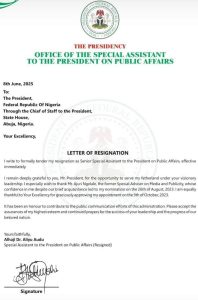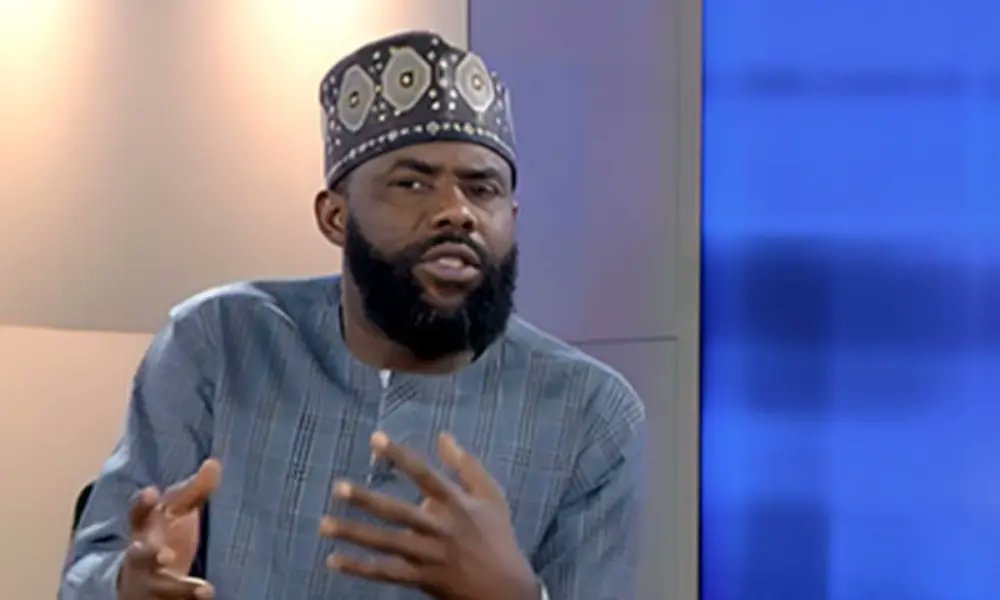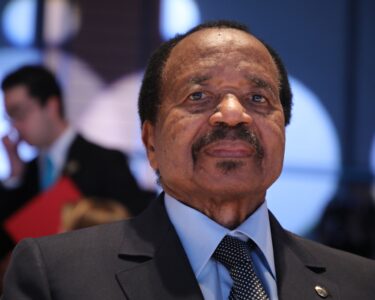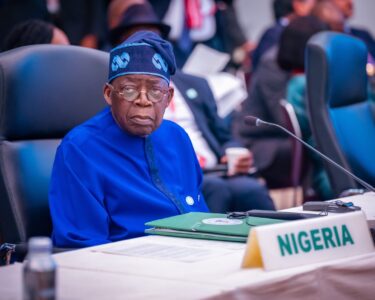Aliyu Audu resigns as Tinubu’s aide
Cites fears of one-party dominance
Summary
- Aliyu Audu steps down as presidential aide, citing concerns over Nigeria becoming a one-party state
- Describes Tinubu-Wike alliance as “unholy” and criticises defection trends within the APC
- Says his decision is based on principle, not rebellion, and vows to stay active in political discourse
Abuja, Nigeria — Aliyu Audu, the Senior Special Assistant to President Bola Tinubu on Public Affairs, resigned from his position on June 8, 2025, with immediate effect. The resignation was submitted through the office of the President’s Chief of Staff, Femi Gbajabiamila.
In his resignation letter and a public statement, Audu thanked President Tinubu for the opportunity to serve, calling it “an honour and a privilege.” He also acknowledged Ajuri Ngelale, the former Special Adviser on Media and Publicity, for nominating him to the role he assumed on October 9, 2023, following his nomination on August 26 of the same year.
 Audu’s resignation letter submitted through the office of the President’s Chief of Staff, Femi Gbajabiamila
Audu’s resignation letter submitted through the office of the President’s Chief of Staff, Femi Gbajabiamila
Audu’s resignation was driven by what he described as a matter of conscience. He rejected the growing influence of the ruling All Progressives Congress (APC) and accused it of steering Nigeria toward becoming a one-party state.
He expressed concern over the wave of defections by politicians, especially governors and legal professionals, to the APC, calling it a threat to the country’s democratic structure.
He further criticised the political alliance between President Tinubu and the Minister of the Federal Capital Territory, Nyesom Wike, labelling it an “unholy alliance” that undermines progressive ideals.
Despite parting ways politically, Audu praised the Tinubu administration’s economic reforms and reiterated his support for ongoing initiatives such as the Nigerian Credit Guarantee Scheme, which he recently defended during an appearance on Channels Television’s The Beam.
He urged Nigerians to exercise patience with the reforms, referencing the development trajectories of Singapore and India.
However, he maintained that differing political beliefs necessitated his exit and warned against suppressing dissent. “Let Nigeria remain a country where ideas compete freely,” he said, adding that while he expects criticism from APC loyalists, he remains committed to contributing to national discourse.
As of the time of this report, the Presidency has not commented on Audu’s resignation or named a successor.







